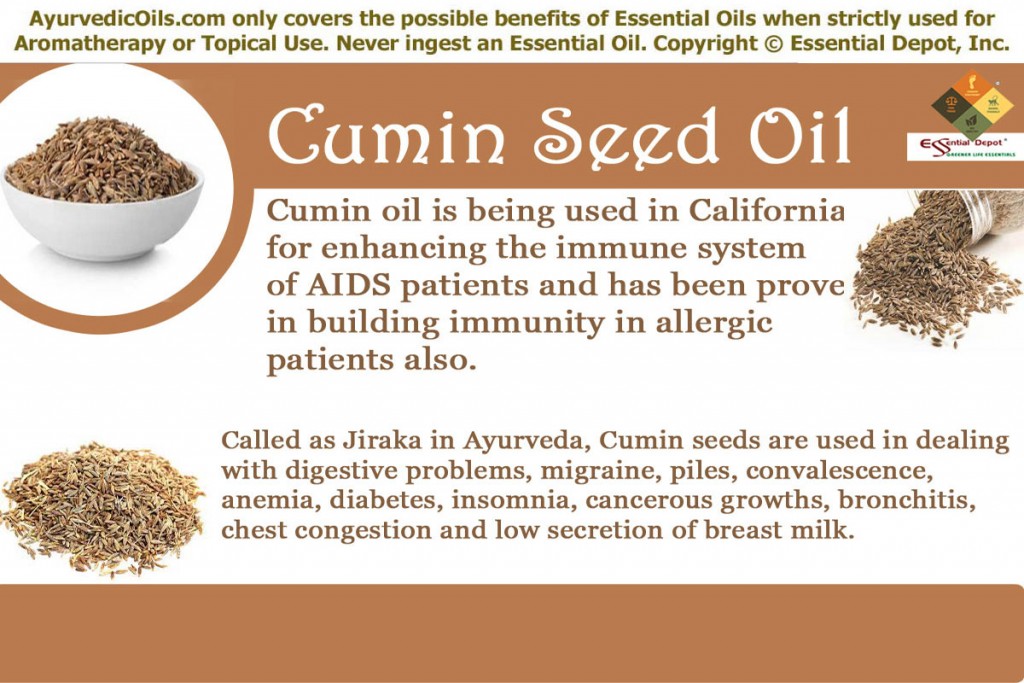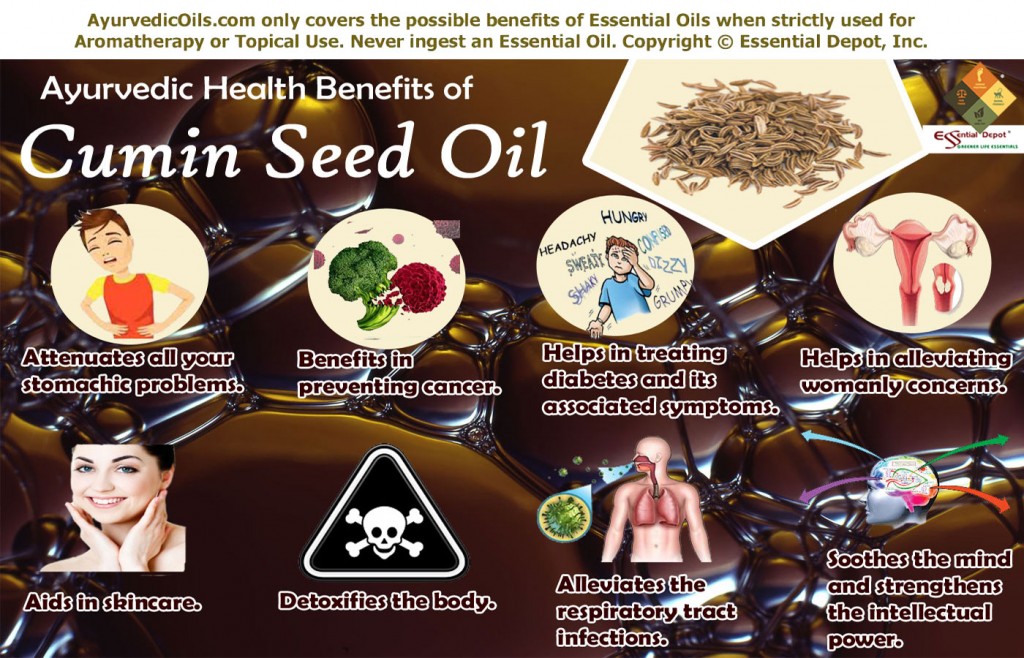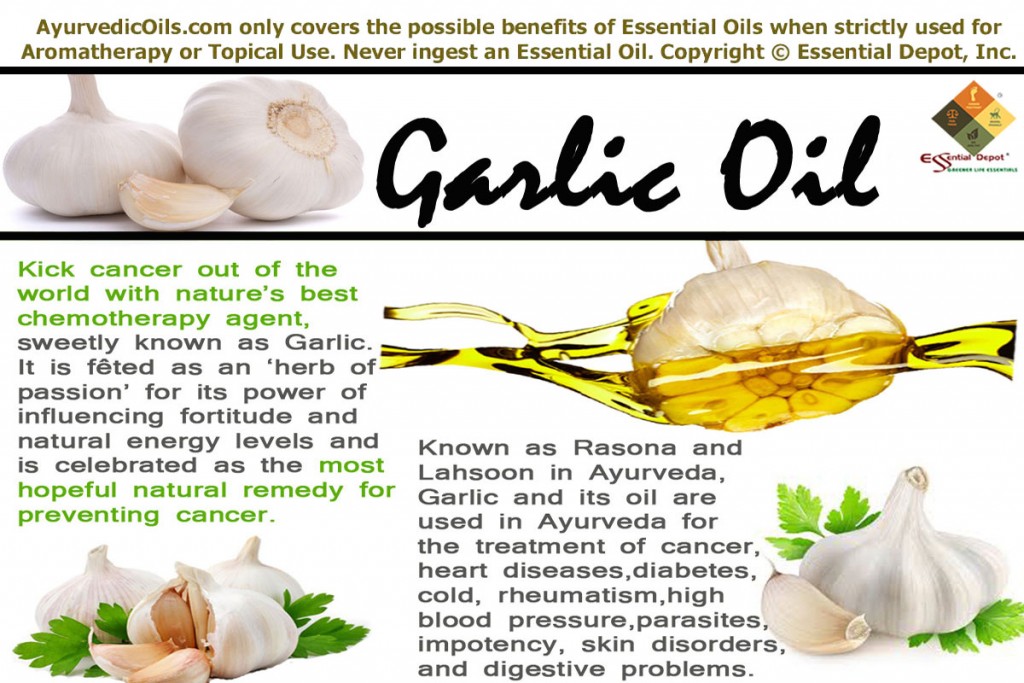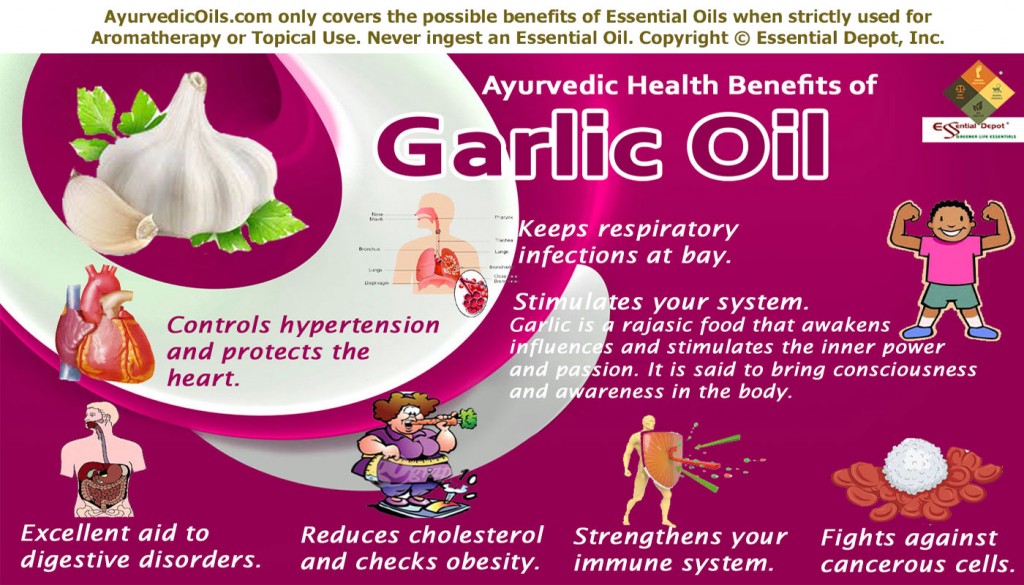‘Seed of blessing’ (Haba al-barakah) and ‘the cure for all diseases except death’ are the two sacred phrases that establish the sanctified and miraculous uses of Black cumin seeds, botanically known as Nigella sativa.
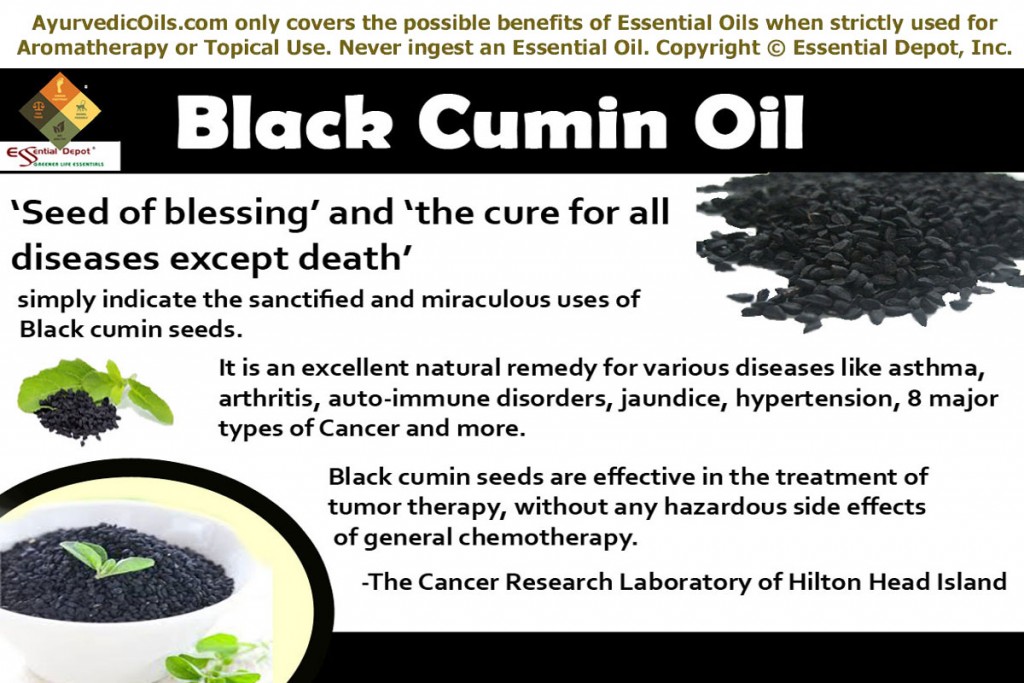 These magical seeds have been used in various medicinal practices across the world for treating and preventing an extensive range of illnesses including cancer, asthma, diabetes, jaundice, diarrhea, dysmennorhea, hypertension, bronchitis, gastrointestinal problems and numerous other health disorders. It is a member of the Ranunculaceae plant family.
These magical seeds have been used in various medicinal practices across the world for treating and preventing an extensive range of illnesses including cancer, asthma, diabetes, jaundice, diarrhea, dysmennorhea, hypertension, bronchitis, gastrointestinal problems and numerous other health disorders. It is a member of the Ranunculaceae plant family.
Black cumin seeds are popularly known as Kalaunji or kala jeera in India. The Ayurvedic or Sanskrit names of this herb are Susavi, Sthulajiraka and Upakunci. The other common names of this herb are Nigella seed, fennel flower, black caraway, nutmeg flower and Roman coriander.
Black cumin seeds have been recommended in the Ayurvedic medicine in the treatment of cancer, liver damage, anemia, arthritis, rheumatism, hemorrhoids, dysmennorhea, cephalagia, intestinal worms, psoriasis, asthma, headache, toothache, auto-immune diseases, halitosis and microbial infections.
Purchase Black Cumin Essential Oil – Retail – 4 oz – CLICK HERE
Historical uses and importance of Black cumin seeds:
Black seeds or Nigella sativa is an annual flowering plant and is indigenous to southwest Asian countries. The earliest archaeological evidence about this medicinal herb is said to have been found in the ancient Egypt in many places including the Tutankhamun’s tomb, where the Egyptian Pharaoh of the 18th dynasty was entombed with Black cumin seeds.
Nigella or the Black cumin seeds play a key role in the Islamic history of healing as it has been reported by Abu Hurairah as “I heard Allah’s Apostle saying, ‘There is healing in black seed (haba sowda) for all diseases except death.” in a hadith (Sahih Bukhari), which means an Islamic writing. Trusted to treat various diseases, Black cumin seeds were also used as a condiment all over the world and Black cumin powder taken with honey is said to treat asthma and bronchitis.
Black cumin essential oil was used as an antiseptic oil and a tincture made with these seeds were used in the treatment of diarrhea, dysmennorhea, skin eruptions, loss of appetite, vomiting and intestinal worms. Even today Nigella seeds are used in the Middle East countries for treating asthma, rheumatism, bronchitis, cancerous tumors and other inflammatory conditions.
Nigella sativa was also used by the kings and Pharaohs for augmenting their immunity and state of health. Beauty queens like Cleopatra and Queen Nefertiti used this oil for enhancing and retaining their natural beauty and for supporting their immune power. It is for all these incredible reasons, Black cumin seeds were called as a Panacea in the traditional Egypt, meaning the cure for all diseases and evils.
With more than 3,000 years of use in the European, Asian and Western countries, Black cumin seeds have been mentioned in the Biblical writings in the book of Isaiah of the Old Testament, where the reaping of Black cumin seeds is compared with the reaping of wheat. It is mentioned as ‘ketzah’ in the Bible where the word ketzah refers to Black cumin in Hebrew.
The most renowned Greek physician, Dioscorides recorded the use of Black cumin seeds for treating stomach pain, headache, intestinal parasites, nasal congestion and sinus problems. Avicenna talks about Black seeds in his book “The Canon of Medicine”, for invigorating the natural energy of the system, granting encouragement, alleviating mental and physical sluggishness, and for improving metabolic functions.
Hippocrates recommended Black seeds for assisting hepatic problems and digestive disorders. It gained greater importance in the Indian, Roman, Egyptian, Greek, Chinese and Arabian civilization as a proven historic remedy for cancerous growths, liver problems, kidney infections, epilepsy, tonsillitis, Alzheimer’s disease, wrinkles, weak immunity, cough, insomnia, snakebite, piles, ophthalmia, paralysis and also as a galactogogue for increasing breast milk in nursing mothers.
Chemical constituents and remedial properties of Black cumin essential oil:
The most significant therapeutic properties of Black cumin oil are antioxidant, anti-microbial, analgesic, bronchodilator, hepatoprotective, anti-inflammatory, antispasmodic, hypotensive, anti-ulcer, renoprotective, anti-hypertensive, anti-fungal, anti-cholinergic, anti-diabetic, interferon inducer, anti-bacterial, leukotriene antagonist, immunomodulatory, gastro-protective, nephroprotective, anticonvulsant and anti-asthmatic.
The major chemical components contributing to these therapeutic values of Black cumin oil are thymoquinone, p-cymene, nigellone, pinene, dithymoquinone, beta sitosterol, thymohydroquinone, limonene, citronellol, carvone, t-anethole, carvacrol, and 4-terpineol.
Black cumin seeds are also enriched with crystalline, myristic acid, palmitoleic acid, arachidonic acid, palmitic acid, oleic acid, stearic acid, proteins, vitamin B1, B2 and B3, calcium, copper, iron, zinc, folic acid, and phosphorous along with linoleic acid, the omega-6 fatty acid and alpha-linolenic acid, which is the anti-inflammatory omega-3 fatty acid.
Ayurvedic health benefits of Black cumin essential oil:
Ayurveda is a blessed healing system that considers human body as a temple where the soul dwells in like the Almighty. It is for this noble reason Ayurvedic principles instruct on keeping the mind and body happy, clean and free from worries for leading a harmonious life.
This disciplined approach rests on Mother Nature for everything, as it strongly believes that every single thing on earth is a part of nature and the wellness and illness of any living thing depends upon its harmony and disharmony with nature itself. Nature is made up of five vital elements like earth, water, fire, space and air and everything on earth has a combination of these five elements.
If you take a human body, earth is present in the form of bones and muscles, fire is the energy required for numerous functions of the body, air is what we breathe, water is present in the form of blood and other fluids in the system and space is the representation of the soul, which is the only difference between a living and non-living thing.
According to Ayurveda, every human being is a unique part of nature with a unique individual constitution known as prakriti, which is a combination of three dynamic biological energies known as doshas. They are vata, pitta and kapha.
Every person has a predominance of any one of these doshas that has an upper hand in determining the personality, traits, and behavioral attributes of person. When there is an absolute balance between these doshas as per nature’s law there is hale and heartiness and doshic imbalances due to lifestyle changes, climatic conditions and unhealthy habits leads to sickness.
Every treatment in Ayurveda commences with an attempt to recognize the unique individual constitution of a person. This assists in analyzing the mental and physical characteristics of a person along with their individual constitution. The credibility of Ayurveda lies in its distinctive way for treating individuals in a unique manner by prescribing natural remedies that suit their prakriti even if a group of people are affected by the same illness.
The key Ayurvedic remedies are herbs, plant essential oils, simple physical exercises, yoga, meditation, prayers, Pranayama (breathing exercises), Ayurvedic massaging, Panchakarma (Ayurvedic detoxification techniques) and Ayurvedic routine.
Black cumin essential oil is said to pacify vata and kapha doshas and augment pitta energy. It’s time to look into the Ayurvedic health benefits of Black cumin essential oil.
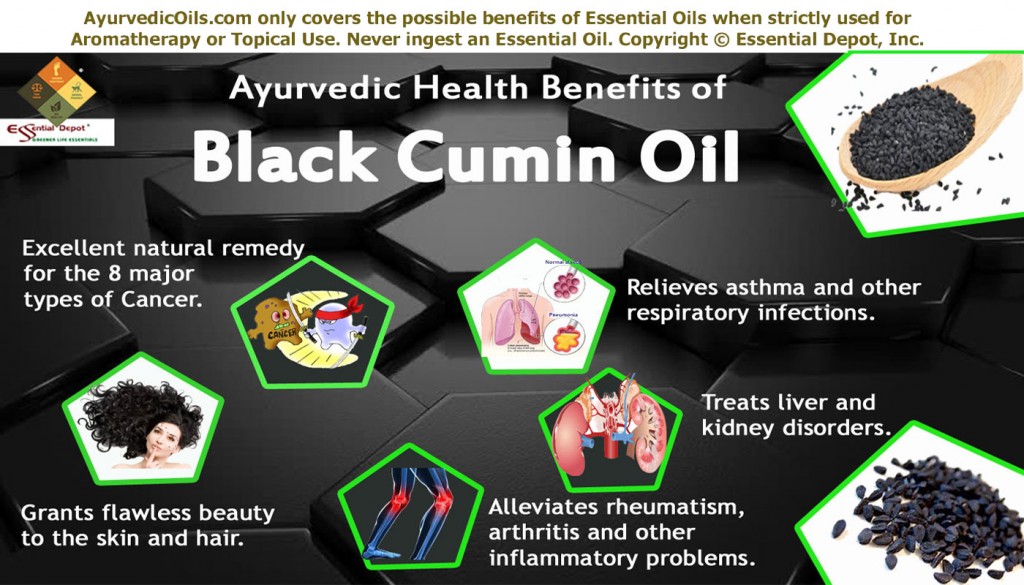 1. Excellent natural remedy for the 8 major types of Cancer:
1. Excellent natural remedy for the 8 major types of Cancer:
The most amazing thing about Black cumin seeds is its potency to fight against various types of cancers. Dr. Gary Null of the Progressive Radio Network says “Black cumin oil is probably the single most important oil you can put in your system. Every time you take black cumin you are stimulating your immune system to fight on your behalf and increase natural killer cells.” With its potential to improve the immune system, Nigella seeds have been used successfully in the treatment of HIV and cancer.
Various studies conducted by numerous researchers have proved the efficacy of Black cumin seeds in treating different types of Cancer and the most prominent and life-threatening ones among them are brain cancer, pancreatic cancer, leukemia, breast cancer, liver cancer, colon cancer, oral cancer and cervical cancer.
Among these, pancreatic cancer, regarded as the fourth leading cause of deaths due to cancer and various studies conducted by Dr. Hwyda Arafat at the Kimmel Cancer Center at Jefferson proved that Nigella sativa seeds were promising in treating pancreatic cancer with an amazing result of 80% death of cancer tumor cells.
Another study by the China Medical University, Taiwan proves that the presence of thymoquinone in Nigella seeds stimulates apoptosis in oral cancer cells.
A 2013 review named, ‘A review on therapeutic potential of Nigella sativa: A miracle herb published in PubMed has listed the antioxidant and anticancer effects of Black cumin seeds and most of the studies indicate that thymoquinone (TQ) is responsible for enormous beneficial effects of Nigella seeds in fighting against various types of cancers.
According to the Cancer Research Laboratory of Hilton Head Island, USA, Black cumin seeds proved very effective in the treatment of tumor therapy, without any hazardous side effects of general chemotherapy.
This study also said that these little seeds boosted the immune system, controlled the growth of tumors by 50% and augmented the growth rate of bone marrow cells by 250%. This study was concluded with the greater result that “black seed oil is an ideal candidate for use in cancer prevention and treatment, and that it has remarkable promises for clinical use.”
Dr. Hwyda Arafat also says, “Nigella sativa helps treat a broad array of diseases, including some immune and inflammatory disorders. Previous studies also have shown anticancer activity in prostate and colon cancers, as well as antioxidant and anti-inflammatory effects.” He also recommends taking 1 teaspoon of Black seed oil mixed with ½ teaspoon of honey before breakfast and before going to bed for increasing the immune power and for enhancing the antioxidant capacity of the body for fighting against free radicals and cancerous cells.
Skin is the largest organ of the human body and is the fastest medium for transmitting the remedial properties of medicines. This is done by quicker absorbing and passing on the therapeutic values of the medicines to the bloodstream, through which the corresponding organ or part of the body gets treated promptly.
Massaging your system with 10 drops of Black cumin oil mixed with 5 drops of Garlic oil along with 10 ml of coconut oil can assist in increasing your immune power, granting you the endurance to fight cancer, increasing the death of cancerous tumors and preventing the growth of new cancerous cells.
You can also add 3 to 4 drops of this oil to warm bathing water every day for long lasting fortification, especially against microbes like bacteria, virus and fungi.
2. Grants flawless beauty to the skin and hair:
Black cumin seed oil is the cherished secret behind numerous beauty queens like Cleopatra, where the queens used this oil to enhance the natural beauty of their skin, hair and nails. From the ancient times, Nigella seeds and its oil have been used in the treatment of numerous skin problems like psoriasis, eczema, wrinkles, acne, burns, allergies, wounds and for moisturizing dry skin.
Mixing 4 drops of Black seed oil with 2 ml of olive oil and massaging gently on your facial skin and neck can help in improving your skin complexion and suppleness of your skin. Massaging your skin with 10 drops of Nigella oil mixed with 10 ml of sesame oil daily before bath, can assist in treating dry skin and can help in retaining the natural moisture of your skin. You can also mix 2 drops of Black seed oil with 1 ml of coconut oil or your mild skin care cream and apply it on wounds and other skin infections for quicker remedy.
Nigella seed oil is indeed a boon for people suffering from hair loss, dry hair, rough hair and split ends. Massage your scalp gently with 10 drops of Nigella oil blended with 5 drops of rosemary oil and 5 drops of lavender oil along with 10 ml of sesame oil for reducing dandruff, strengthening the hair follicles, promoting hair growth and for adding shine and luster to your hair naturally. Leave this blend on your scalp for half an hour and wash it gently with a mild shampoo mixed with 2 drops of Black cumin oil for better results.
3. Relieves asthma and other respiratory infections:
The best folklore remedy for treating severe cough and asthma is the natural tonic prepared by mixing Black cumin seeds powder along with honey and garlic. This tonic was trusted to enhance the immune power that can help in fighting against the harmful micro-organisms that worsen respiratory infections. Numerous studies have proved the anti-asthmatic effects of Black seeds oil on the asthmatic airways.
A popular study on Thymoquinone, the main active component of Nigella sativa seeds have been proved superior to the drug fluticasone in the treatment of asthma in an animal model. Inhaling the soothing aroma of this oil by adding 2 drops of this oil in steam inhalation followed by a gentle massage of your throat, back and chest with 2 drops of Black cumin oil mixed with your vaporizing cream can relieve you instantly from cold, nasal congestion, blocked nose, throat pain, headache, sinusitis and migraine pain.
4. Alleviates rheumatism, arthritis and other inflammatory problems:
According to Ayurveda, rheumatism and other inflammatory conditions in the body general occur due to the accumulation of excess fluid deposits, salt, calcium deposits, improper blood circulation and toxic remains from improper digestion. This is mainly caused by the excess of kapha dosha leading to water retention, sluggishness, swelling, pain and inflammation.
Black cumin seed has anti-inflammatory, analgesic and cytotoxic properties that help in treating various inflammatory conditions. With its hot potency and warming qualities, Nigella oil is an excellent Ayurvedic remedy for reducing excess kapha deposits.
Massaging the painful and affected parts with 5 drops of Black cumin oil blended with 1 drop of Garlic oil along with 3 ml of coconut oil can help in improving blood circulation, eliminating toxic substances, excess water content, salt and uric acid through urine and sweat. You can also add 2 drops of this oil in warm bathing water or in hot or cold compress for improved results.
5. Treats liver and kidney disorders:
Black cumin oil has immense nephroprotective and hepatoprotective properties that protect the liver and kidneys from the harmful effects of free radicals, toxic substances and uric acid. It also helps in treating liver problems and kidney disorders and this healing effect is attributed to the major chemical constituent of Black seed oil known as Thymoquinone. This component protects the system from the hazardous effects of other diseases or chemical substances.
Other health benefits:
There are more than 500 proven studies on the varied healing effects of Black cumin seeds in the treatment of high blood pressure, helicobacter pylori infections, type 2 diabetes, injuries caused by chemical weapons, cardio-vascular problems, epilepsy, gastro-intestinal problems, fatigue, constipation, tapeworms, anemia, dementia, menstrual discomforts, jaundice, dandruff, bronchitis, candida and callosities.
Disclaimer:
This information is only for the purpose of education and is not meant to cure, prevent or diagnose any health disorders or substitute any prescribed medications or professional medical advice. We are not healthcare professionals and this information is published only with the concern of sharing the importance of Ayurveda, the long-established holistic healing methodology.
Never use essential oils with the exception of being prescribed by your medical expert. Ensure that you dilute essential oils before using it externally on the skin, as pure and organic essential oils are extremely concentrated substances and undiluted topical use may lead to allergic reactions. It is always good to talk with your Ayurvedic professional/ healthcare expert before choosing the right essential oils for your unique individual constitution or prakriti and as per your state of health.
Thought for the day:
There is healing in black seed (haba sowda) for all diseases except death – Prophet Mohamed.
Suggested Reading:
- Nigella sativa Linn: A review on medicine of the Prophet (Muhammad) by Meraj Ul Haque
- Health Benefits of Black Cumin For Cooking and Health (Health Learning Series) by John Davidson, Muhamad Usman
- The Healing Power of Black Cumin by Sylvia Luetjohann
- Black Seed: Nature’s Miracle Remedy by W.G. Goreja
- Greco-Arab and Islamic Herbal Medicine: Traditional System, Ethics, Safety, Efficacy, and Regulatory Issues by Bashar Saad, Omar Said
Reference Links:
- Nigella sativa by Wikipedia
- A review on therapeutic potential of Nigella sativa: A miracle herb by Aftab Ahmad, Asif Husain, Mohd Mujeeb,Shah Alam Khan,Abul Kalam Najmi, Nasir Ali Siddique, Zoheir A. Damanhouri, and Firoz Anwar published in PubMed
- Anticancer activity of Nigella sativa (black seed) – a review by Randhawa MA, Alghamdi MS, Department of Pharmacology, College of Medicine, University of Dammam, Saudi Arabia, published in PubMed
- Nigella sativa Linn.– A comprehensive review by Padmaa M Paarakh Department of Pharmacognosy, The Oxford College of Pharmacy, India published in the Indian Journal of Natural products and resources.
- Black cumin is the most important oil you can put in your system by Natural News
- The Black cumin protocol by Webster Kehr, Independent Cancer Research Foundation, Inc., published in the Cancer Tutor

Your resource for quality Essential Oils. Every batch is
GC tested to ensure purity and authenticity.

